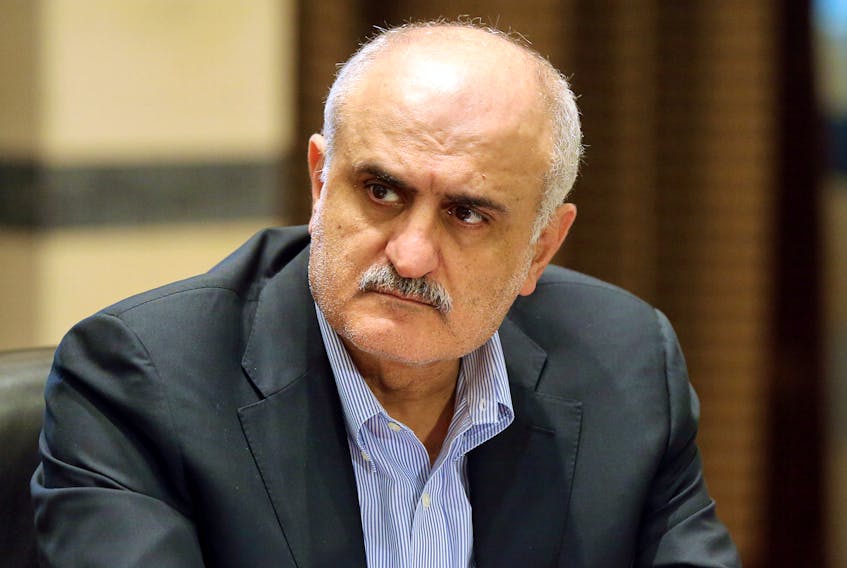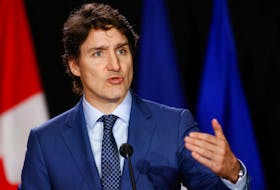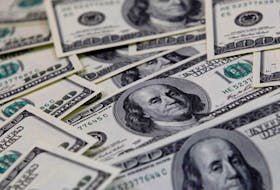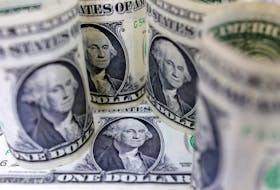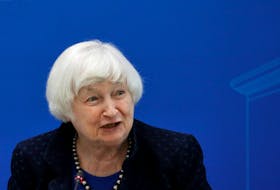BEIRUT (Reuters) - A sharp fall-off in revenues means Lebanon's 2019 budget deficit will be much bigger than expected, caretaker finance minister Ali Hassan Khalil said on Wednesday, as the country struggles with its worst financial crisis since the 1975-90 civil war.
Speaking to reporters, Khalil did not say how much wider he expected the deficit to be but said revenues would be some 40% lower in the final quarter than expected as the crisis hits consumption, imports, tax revenues and overall economic growth.
"Our revenues for the last three months of the year have decreased in a very big way as a result of the situation we are living with ... we have numbers that are honestly very worrying," he added.
Six weeks since protests targeting the country's elite led Saad al-Hariri to resign as prime minister, heavily indebted Lebanon needs to form a new government that can enact urgent reforms and secure foreign support.
In comments to broadcaster MTV, caretaker economy minister Mansour Bteish said Lebanon was losing about $70 million to $80 million a day, about half its usual income, because of the political paralysis.
Bteish said the situation had worsened and required quick solutions, but assured jittery depositors they should not fear for their savings.
A hard currency crunch has led commercial banks to enforce tight capital controls. They have all but blocked transfers abroad and capped withdrawals at a few hundred dollars per week.
The Lebanese pound has meanwhile slumped by one third on a parallel market, the only source of dollars for most importers. Scores of companies have laid off workers or halved their salaries.
Khalil said public sector salaries were a priority and would be paid but that "doesn't deny that we are faced with real difficulties in financing the state as a whole".
Lebanon approved a 2019 budget last May that projected a deficit of 7.6% of gross domestic product based on a growth forecast of 1.2%.
France hosted a meeting on Wednesday of the International Lebanon Support Group, which includes Gulf Arab donors such as Saudi Arabia, major European powers and the United States, though the meeting is not expected to bring new aid pledges.
Lebanon's public debt burden, equivalent to about 150% of GDP, is one of the heaviest in the world. Last year's deficit was equal to about 11.5% of GDP, and economic growth rates have been weak for years.
(Reporting by Tom Perry, Ellen Francis, Eric Knecht; Editing by Hugh Lawson and Catherine Evans)

